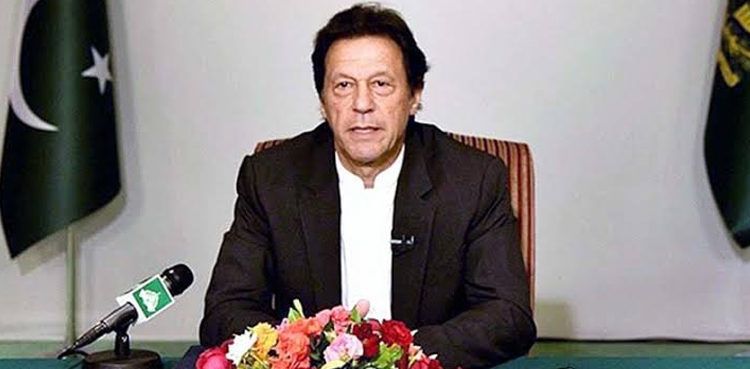
Pakistan PM Imran Khan ousted in no-confidence vote
Opposition leader Shehbaz Sharif is set to be elected as the new Prime Minister

Pakistan Prime Minister Imran Khan was removed from office through a no-confidence vote held in the wee hours of Sunday after a day of high drama, becoming the first premier in the country’s history to be sent home after losing the trust of the House.
The joint Opposition – a rainbow of socialist, liberal and radically religious parties – secured the support of 174 members in the 342-member National Assembly, more than the needed strength of 172 to oust the Prime Minister on a day full of drama and multiple adjournments of the lower house.
No PM in Pakistan’s history was ever ousted through a no-confidence motion. Khan is the first premier whose fate was decided through a trust vote. Earlier, two separate no-trust motions failed respectively against former premiers Benazir Bhutto in 1989 and Shaukat Aziz in 2006. Also, no Pakistani PM has ever completed a full five-year term in office.
Khan, 69, was not present in the lower house at the time of voting. His party lawmakers staged a walkout during the voting. However, PTI’s dissident members were present in the house and sat on the government benches.
Shehbaz Sharif set to take over
The removal of Khan has set in motion the process to elect the new leader of the house.
The combined opposition has already named Shehbaz Sharif, president of Pakistan Muslim League-Nawaz (PML-N) as joint candidate. He could be elected as Prime Minister by Sunday.
Shehbaz vowed that the “new regime would not indulge in politics of revenge”. “I don’t want to go back to bitterness of the past. We want to forget them and move forward. We will not take revenge or do injustice; we will not send people to jail for no reason, law and justice will take its course,” Shehbaz said in his speech after the voting result was announced.
After Shehbaz, Pakistan Peoples Party chairman Bilawal Bhutto Zardari took the floor and congratulated the house for passing a no-trust resolution against a premier for the first time in history.
The opposition had filed the no-confidence motion on March 8, setting a set of events leading to the day of voting and rise in the tension due to Khan’s insistence that he was being targeted as part of a foreign conspiracy with the collaboration of top opposition leaders.
With agency inputs

